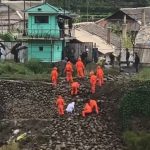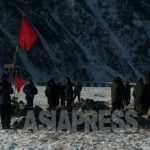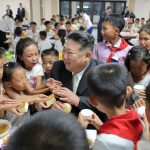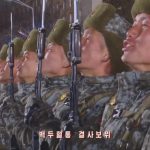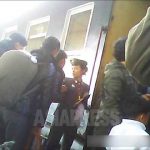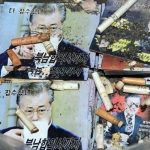♦ "Can't Bear the Hunger" - Economic Hardship Drives Security Breakdown
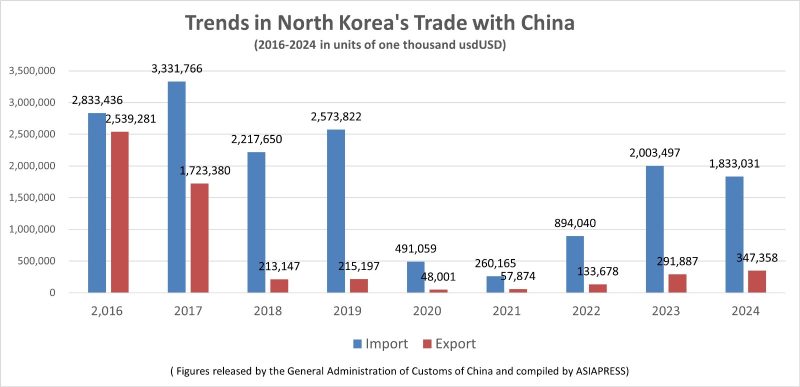
North Korea's economy deteriorated sharply after border closures during the COVID-19 pandemic. Even now, with the pandemic over and Chinese trade resumed, most urban residents have seen their cash income plummet due to strict restrictions on commerce under the authorities' "anti-market" policies.
Many young people and discharged soldiers face severe poverty. Over the past few years, ASIAPRESS reporting partners have reported numerous cases of vulnerable urban residents either dying from starvation, committing suicide, or abandoning city life to survive in the mountains.
Another reporting partiner in Musan County also tells that there have been a series of robberies and thefts of harvests at farms since the end of last year. The crimes are committed by impoverished urban residents, and the authorities are strictly supervising the entry and exit of people to and from farm areas.
As a reporting partner living in Hoeryong puts it: "No matter how much the police try to control things, people can't endure hunger. Nobody would resort to robbery if they could make a proper living."
Rising crime and deteriorating security due to hunger is a universal social phenomenon. Restoring public safety will require adopting policies prioritizing people's livelihoods so residents can earn cash income.
※ASIAPRESS communicates with its reporting partners through Chinese cell phones smuggled into North Korea.
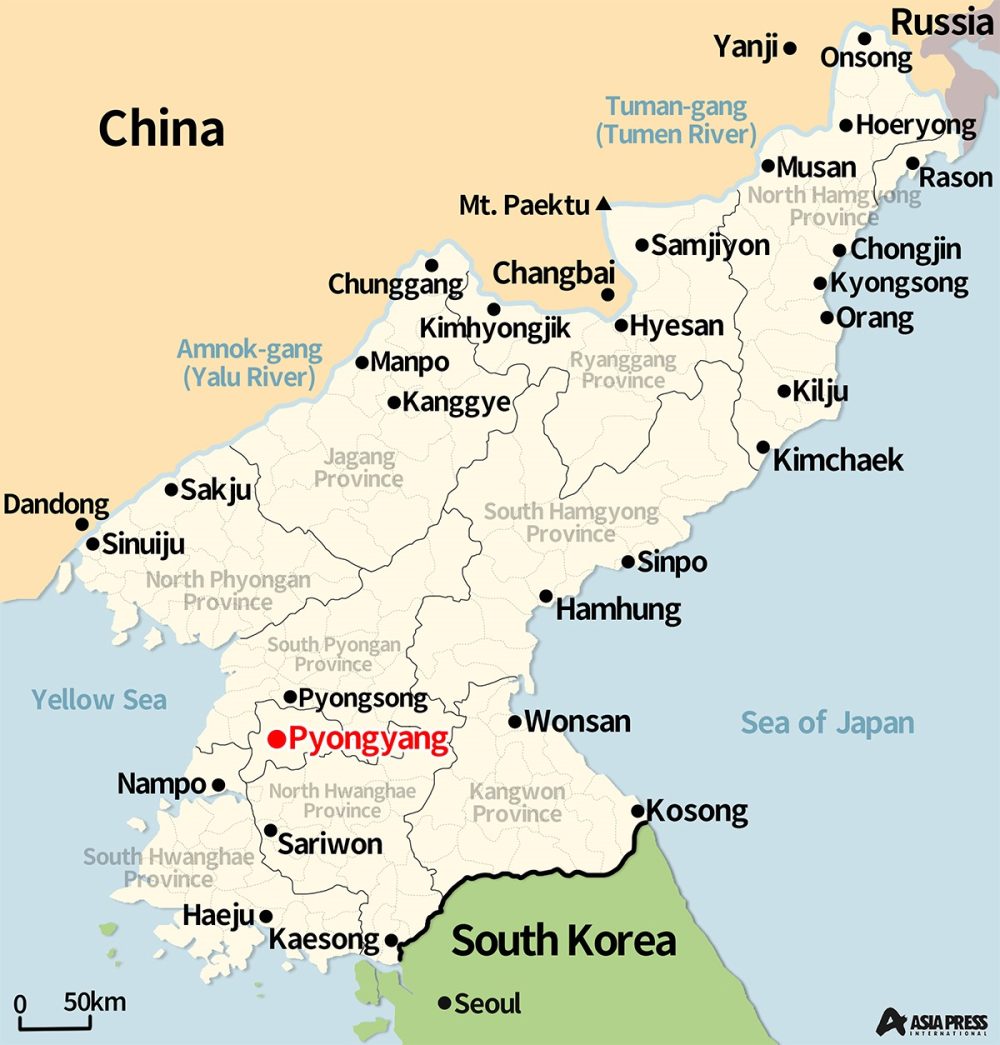
- <Inside N. Korea> Kim Jong-un Harshly Condemns Official Entertainment as "Mega Crime" - Private Restaurant Rooms Shut Down in Hyesan, Citizens React with Skepticism
- <Inside N. Korea> Surveillance and Control of Mobile Phones Intensifies: Information Extracted During Repairs, Daily Photography Monitored
- <Inside N. Korea>DPRK Issues Mass "Money Vouchers" to Combat Soaring Prices - Value Quickly Plummets as Public Trust Erodes
- <Inside N. Korea> Mockery and Jeers about Kim Jong-un's Daughter 'Ju-ae' Become Trending: "Some People Can Even Inherit a Country..." Seems to Reflect Dissatisfaction with Overwhelming Disparity
- <Inside N.Korea> News of North Korean Soldier Deaths in Russia Finally Reaches Home - Parents Scramble While Some Youth Volunteer: What's Behind This?
